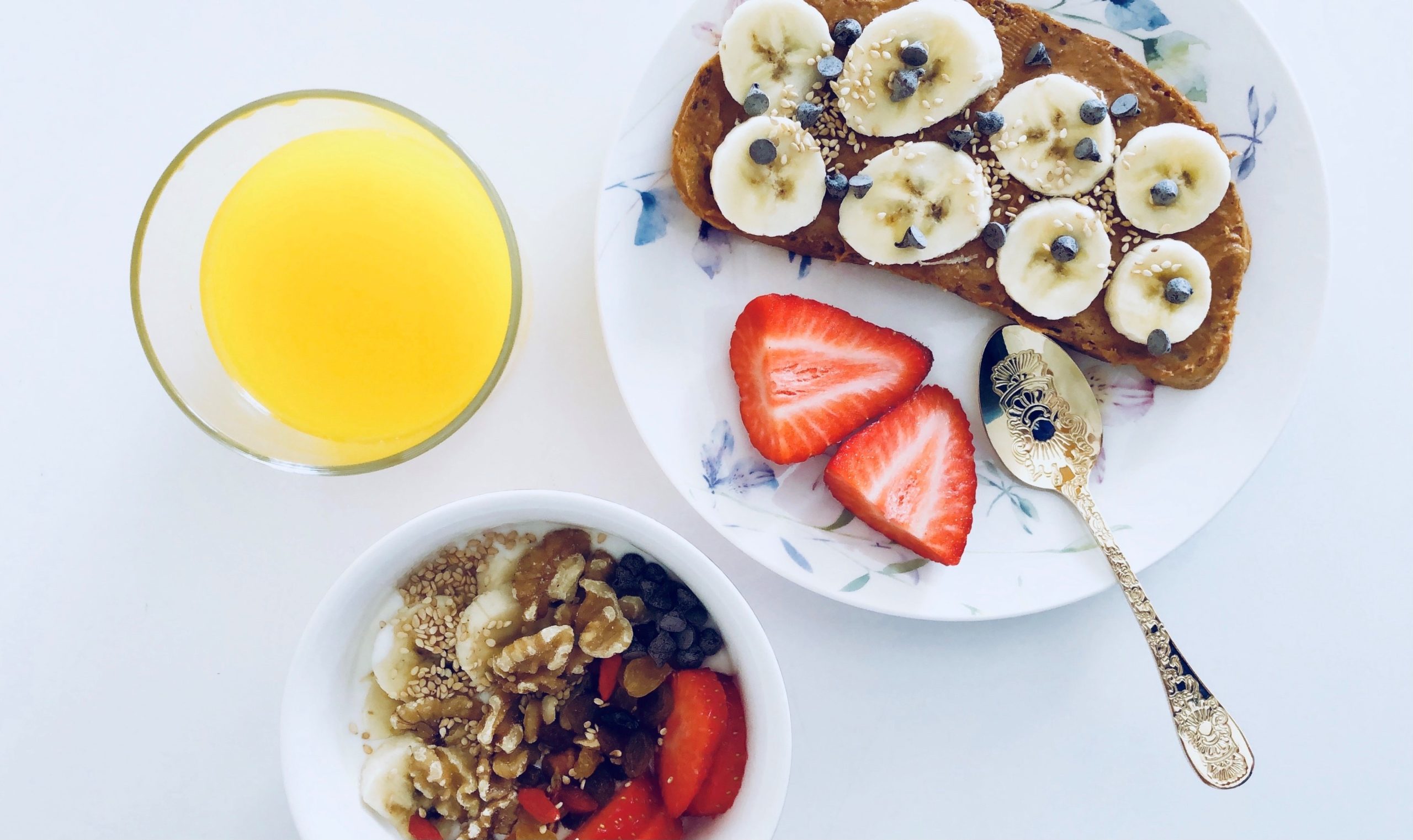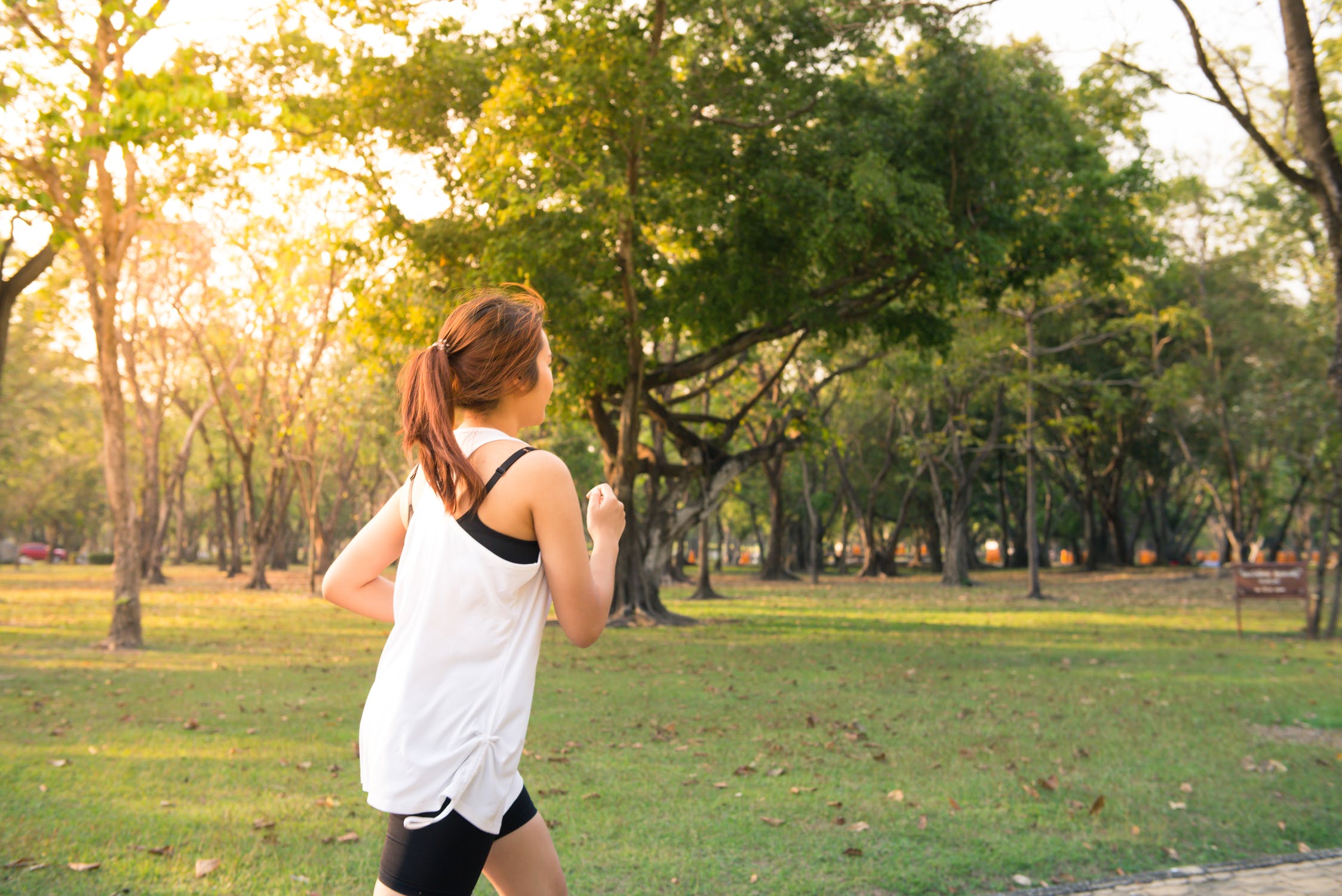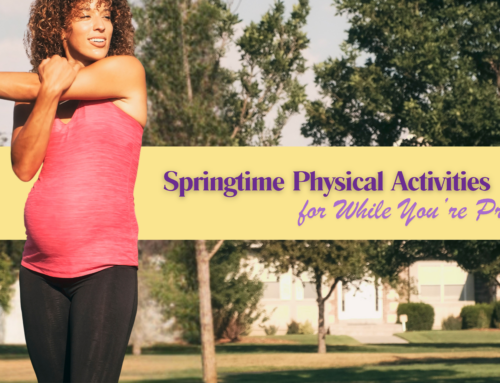When life is busy, the benefits of incorporating physical wellness into your routine

Wellness is the act of practicing healthy habits daily to attain better physical and mental health outcomes. It is more than just exercise and eating healthy. Wellness is choosing healthy habits for physical, mental, and spiritual happiness. To celebrate August being National Wellness Month, here’s how you can incorporate wellness into your schedule.
It is no secret that health and happiness correlate. Yet when life gets busy and stressful, we often place wellness on the back burner. Even while life is busy, maintaining physical and mental wellness is vital for our minds, bodies, and souls.
Physical health – What is it?
Physical health describes one element of someone’s overall health and wellness. The term physical health refers to the entire state of your physical body and how well it’s operating. By that definition, if your body is working as it typically does, it can be complicated to quantify and improve your physical health. The components of physical health – diet, hygiene, and physical fitness – can improve, monitor, and understand your health.

Fueling your body can improve your mood, energy, and immune system.
A Healthy Diet – Fueling Your Body
Although we all have comfort foods, there is no denying that our mood changes when we eat healthier fare. Eating a well-balanced diet can help you get the calories and nutrients you need to fuel your daily activities. Contrary to popular belief, eating healthy doesn’t mean feeling hungry or eating nothing but lettuce. However, it is always not as simple as choosing fruit over candy. Your body craves different types of food at different times of the day.

A balanced breakfast will keep you fuller longer. Try whole grain toast or protein packed yogurt.
Breakfast- Do you know why your first meal is called breakfast? Because it’s quite literally breaking your fast from the night before. Starting your day with a healthy meal helps replenish your blood sugar, which your body needs to power your muscles and brain for the day. Skipping breakfast can leave you feeling lightheaded, tired, and frustrated. Opt for fiber-rich sources like oatmeal or whole-grain toast instead of sugary cereals, white toast, or pancakes. Add in protein with eggs, peanut butter, cottage cheese, or yogurt.
Healthy fats – Healthy options like nuts, seeds, avocados, olives, and oils (olive oil) can be anti-inflammatory and provide essential fatty acids and calories that will keep you moving.
Carbohydrates – Eating the correct types of carbs is key to your physical health. Instead of relying on simple carbs found in sweets and processed foods, incorporate complex carbs found in whole grains, fruits, vegetables, and beans. You digest complex carbs slower, so they help you feel fuller longer and help stabilize your sugar levels.
Pack your protein – Protein is needed to help keep your body growing, maintained, and repaired. Add protein to each of your meals and snacks throughout the day. Protein can come from poultry (chicken and turkey), red meat (beef and lamb), fish, dairy (milk and yogurt), and beans. Vegetables like chickpeas, artichokes, spinach, potatoes, and broccoli are also high in protein.
 Water – Drinking enough water throughout the day is just as important as eating healthy foods. Start your day with a glass of water before having coffee or tea. If you find yourself consistently reaching for sugary sodas or coffees, switch to a glass of water which will keep you even more hydrated. Drinking water helps your body remove waste, aids in digestion, keeps you hydrated, and protects your tissues, spinal cord, and joints.
Water – Drinking enough water throughout the day is just as important as eating healthy foods. Start your day with a glass of water before having coffee or tea. If you find yourself consistently reaching for sugary sodas or coffees, switch to a glass of water which will keep you even more hydrated. Drinking water helps your body remove waste, aids in digestion, keeps you hydrated, and protects your tissues, spinal cord, and joints.
Use a water bottle (like the one to the right) with reminders throughout the day to motivate yourself to drink plenty of water. Add citrus fruits like lemons, limes, and oranges to flavor your water and make it more exciting to drink.
Hygiene – Keeping Your Body Disease-free
With the pandemic, many people have begun to consider the importance of hygiene to physical health. Washing your hands or using hand sanitizer frequently can help to prevent sickness. Think of all the things your hands touch in a day like cellphones, keys, doorknobs, and more that do not get disinfected often. Good personal hygiene involves keeping all parts of the external body clean and healthy. Habits for good personal hygiene include brushing your teeth, bathing, showering, getting enough sleep, and wearing clean clothes.
Keeping your space clean and organized can also contribute to hygiene. When we are stressed out or depressed, sometimes we forget about or do not have the energy for hygiene. Maintaining a neat space can help reduce anxiety. Before going to bed, take the time to put your laundry away and clean any dishes you used during the day.

Did you know? As you exercise, your body releases endorphins which enhance your mood.
Physical Fitness – Getting your body active
Staying active throughout the day will reduce stress and anxiety and can even enhance your mood. When you exercise, your body releases endorphins which can make you feel happier. If you are feeling overwhelmed, take time during the day to go for a walk to help your brain refocus.
There are many types of workouts to consider, from aerobic to strength. Choose activities that are right for your body. Listen to your body for clues if the exercise is too easy or challenging, and make modifications for comfortability.
Try a dance or Zumba online class with friends to decompress and have fun. Yoga is terrific for relaxing your mind and strength training. Not ready for a 5K? Incorporate a short walk, hike, or jog into your week to get yourself moving. Then, increase the intensity and length as you build endurance.
Making progress in your physical health is what matters. If you are feeling tense, take some time to incorporate movement into your daily life. Try taking deep breaths and stretching your neck, shoulders and arms to alleviate feelings of anxiousness or stress.

Taking control of your health and wellness can make you feel empowered.
Physical Health- Why is it important?
Physical health is a critical part of how your body and mind function. Each factor (diet, hygiene, and physical fitness) combined gives your body the power to accomplish all your daily tasks. Physical health reduces the risk of chronic diseases, such as diabetes, heart disease, high blood pressure, stroke, and some cancers and associated disabilities. It also prevents weight gain and promotes weight loss.
When you don’t sleep well or get enough hours of sleep, your ability to function at work deteriorates, thus influencing your occupational well-being. By getting enough sleep, exercise, and fueling your body correctly, your performance at work, school, and even your relationships will improve. Physical health additionally impacts your self-esteem, self-confidence, and thus your mental health.
Want to read more about wellness? Take a look at these articles.
The Importance of Mental Health in the Adoption Community – (pregnancyadoptionoptions.com)
Benefits of Exercising During Pregnancy – (pregnancyadoptionoptions.com)





